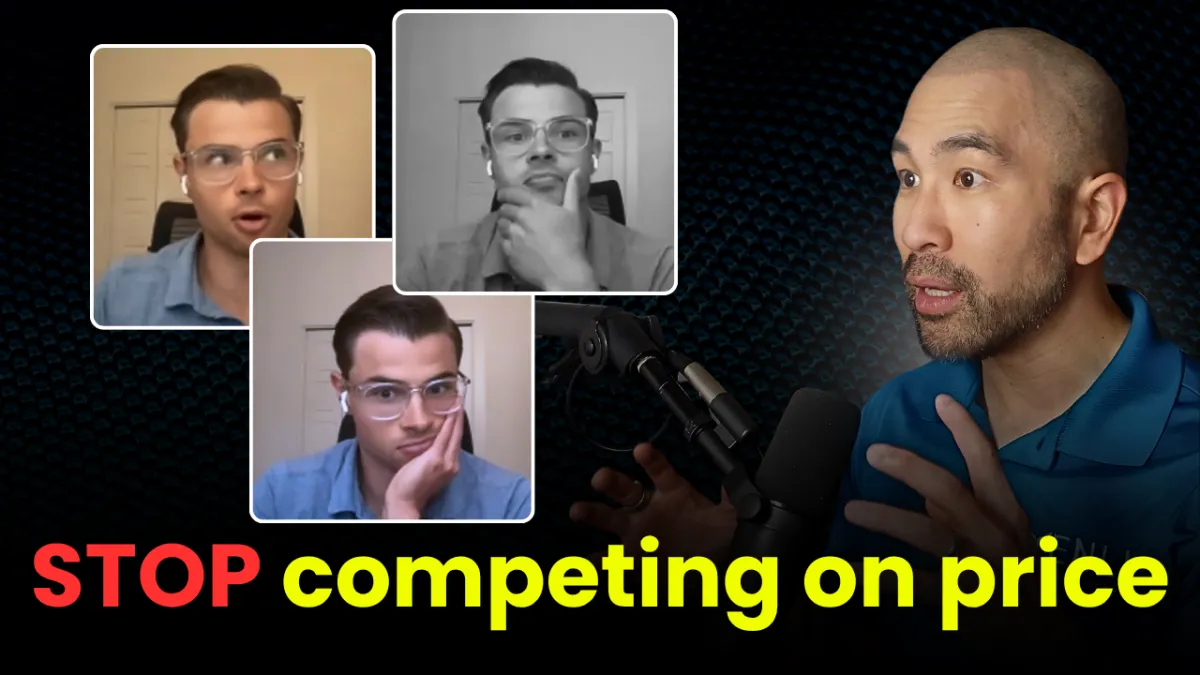
3 Questions That Break Through Price Objections in Enterprise Deals (Real Coaching Call)
"You’re the same as everyone else. It'll come down to price."
Ever had a buyer hit you with this when you asked what matters most in their decision?
That's exactly what happened to John, one of my elite sales reps.
He'd done everything right. Thorough discovery, compelling demo, built solid rapport. Then he asked the pivotal question: "Based on what you've seen so far, which vendor is the right partner for you?"
Silence. Then: "All three vendors look the same. It's basically going to come down to price."
Here's why this response is a deal killer:
When buyers default to price, they're treating your solution as a commodity.
They've mentally lumped you with everyone else, which means you're now in a race to the bottom.
During our coaching session, I walked John through a tactical approach that completely shifted the conversation. Here's the exact process:
Step 1: The Hypothetical Equal Playing Field
Instead of defending your value, ask:
"I understand price matters. But let's say all three vendors had exactly the same price and contract terms. How would you decide between us then?"
This forces them to think beyond price and reveal actual decision criteria.
Step 2: The Business Logic Reframe
This is where you leverage their own business experience:
"In your consulting practice, are you the cheapest option across the board?"
When they say no (they almost always do), follow with:
"If one of your competitors offered your exact service for 50% less, what would they have to cut out to make that work?"
Let THEM tell YOU why cutting corners leads to poor outcomes. They'll mention things like reduced quality, inexperienced talent, or less support.
Now bridge it back: "That's no different than what we offer or even the industry. We all have similar cost structures. So if someone comes in cheaper, they're finding ways to cut corners."
Step 3: The Risk Reversal (Use Strategically)
For competitive deals where you need a tiebreaker, consider an opt-out guarantee. This shows confidence and removes buyer risk, but use it as a last resort when you need leverage.
For Sales Leaders…
Want your entire team handling this objection like elite performers? Here's what works:
1. Make this objection part of your role play rotation
Catch your reps off guard like I did with John. Have them practice responding live in team meetings. This builds the confidence they'll need when facing this objection in real calls.
2. Train them to isolate price early
The longer price remains the focal point, the harder it is to shift the conversation. Coach your team to use the "equal playing field" question the moment price becomes the focus.
3. Build business acumen into your training
Reps who understand their customer's business model can make this framework sing. They connect customer-relevant examples that make their point without being pushy.
John implemented this approach and completely transformed the conversation. Instead of competing on price, he got the buyer to articulate why quality mattered more than saving a few dollars.
I've created a detailed video breakdown showing exactly how this played out. Check it out!


Mail
Facebook
LinkedIn
X
Pinterest
Snapchat
Reddit